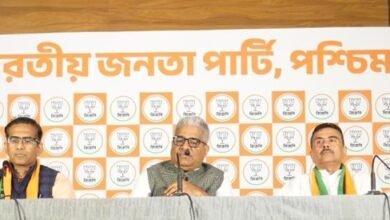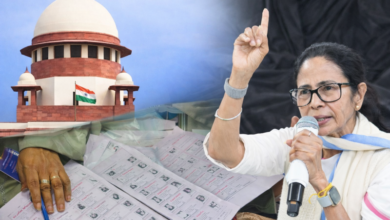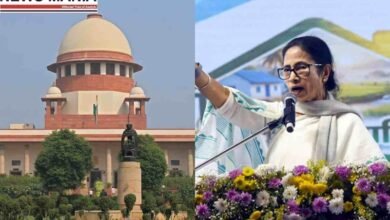Supreme Court Insists That The Lengthy Bail Procedures Need To Be Modified
The government has been urged by the Supreme Court to think outside the box and stop taking each bail dispute all the way to the highest court.
Almost every instance of bail is being contested all the way to the Supreme Court, making up more than one-third of the cases heard by the Supreme Court, according to Justice Sanjay Kishan Kaul, the second-most senior judge on the top court.
Justice Kaul recently stated that some type of revolution or out-of-the-box thinking on the part of the government would be needed to improve things while he was addressing at a conference in Varanasi about the volume of bail and remission cases that were being filed with the Supreme Court. If not, it is possible that these issues won’t be resolved by the courts—which are already dealing with a significant backlog—for another 300 to 700 years.
When the Delhi Police challenged the bail granted to campaigners Devangana Kalita, Natasha Narwal, and Asif Iqbal Tanha in a case involving the 2020 Delhi riots, a Bench led by Justice Kaul stated that the court did not believe in unnecessarily holding individuals behind bars.
Unresolved cases
Justice Kaul had noted how lengthy arguments were being made in the Supreme Court about bail requests as if they were appeals against convictions in December of last year.
Justice Kaul’s remarks follow the Supreme Court’s decision to give priority to pending bail petitions by scheduling 10 bail hearings per day before regular business hours for each bench of the court.
A Supreme Court decision from July of last year ordered the government to introduce a new Act with the sole purpose of streamlining and simplifying bail procedures. The court had noticed that investigative authorities tended to prioritize the draconian power of arrest over the preservation of individual freedom.
News Mania Desk






